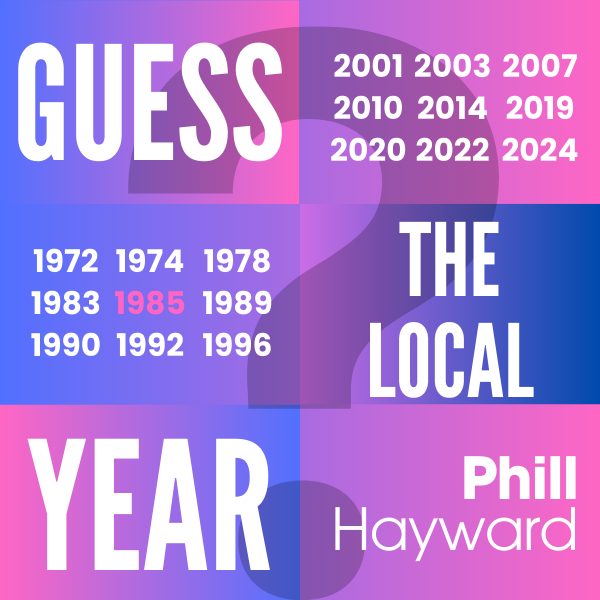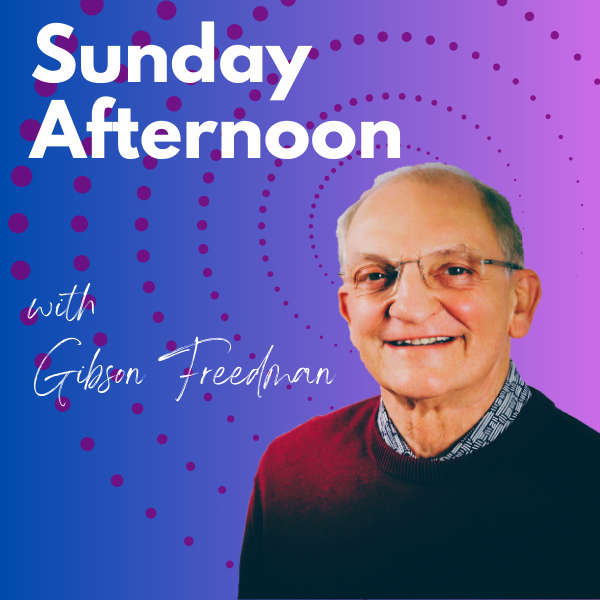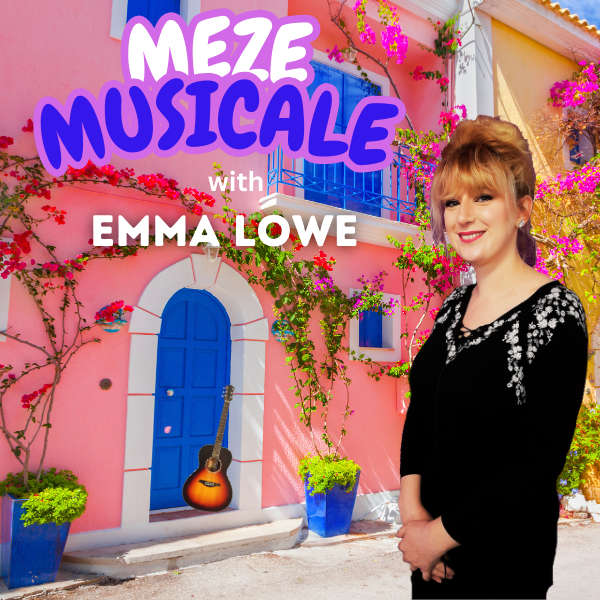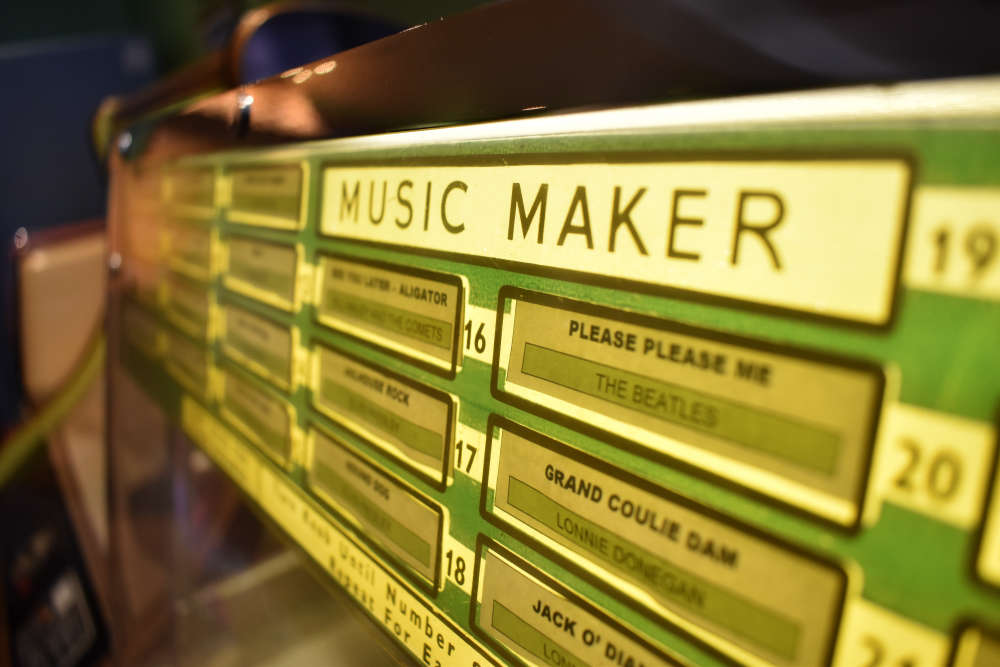
A project celebrating the British jukebox and its influence on teenage culture will have a lasting legacy at Lancaster University
Jukebox: The Teenage Revolution has been a year-long programme of events, research and interviews.
Recordings of interviews with people from Lancaster and Morecambe who took part will now be held in Lancaster University's archives, along with memorabilia donated by some of those interviewed. All will be accessible to the general public for free.
A project website featuring links to the interviews and all the background information about Jukebox: The Teenage Revolution is due to be launched in January.
Students from a range of backgrounds and mainly studying arts and social sciences were recruited to interview people who were teenagers in the 50s and 60s about their experiences of this iconic era in popular culture.
The students involvement has helped them to develop their skills and promote a wider awareness of opportunities in the heritage sector.
More than 30 people were interviewed from Lancaster and Morecambe as well as from Blackpool and Lytham St Annes where the first British jukeboxes were produced.
The eight student interviewers and others involved in the project received oral history training funded by donations from the friends and supporters of Lancaster University.
The recordings were made digitally and all those who provided their memories will receive copies of their interviews.
“The Jukebox project has provided an amazing opportunity to explore the local heritage of the British jukebox,” said Phil Cheeseman, Lancaster University Library’s associate director: teaching and engagement.
“Through our partnership with (Lancaster-based arts and heritage charity) Mirador we have been able to reach new communities, provide opportunities for students to participate in community research, and have established a rich archive that captures and preserves the memories and stories of the jukebox era.”
For more information on Jukebox: The Teenage Revolution, which is supported by The National Lottery Heritage Fund thanks to National Lottery players, Arts Council England, the Granada Foundation and Garfield Weston Foundation, visit www.miradorarts.co.uk

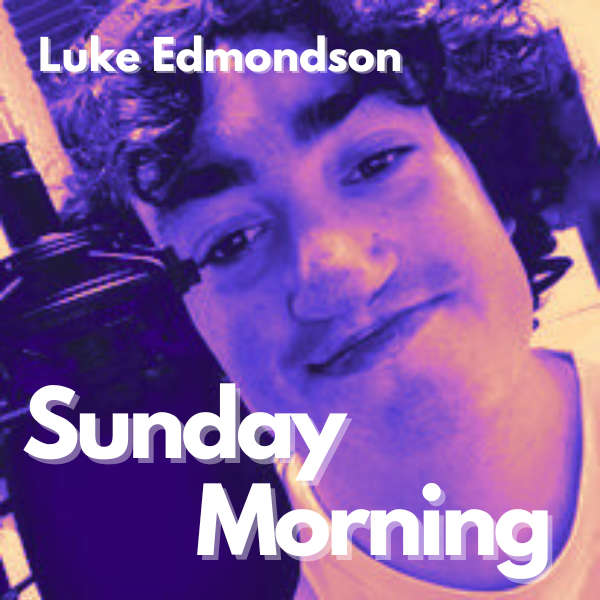

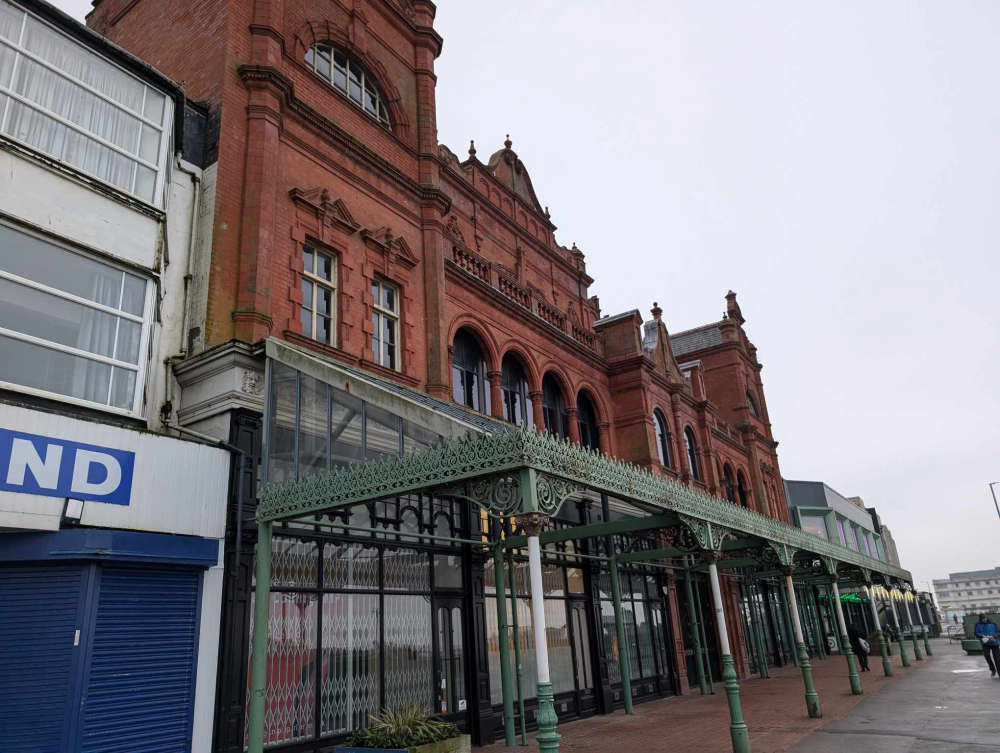 Morecambe Winter Gardens to open to public for new season
Morecambe Winter Gardens to open to public for new season
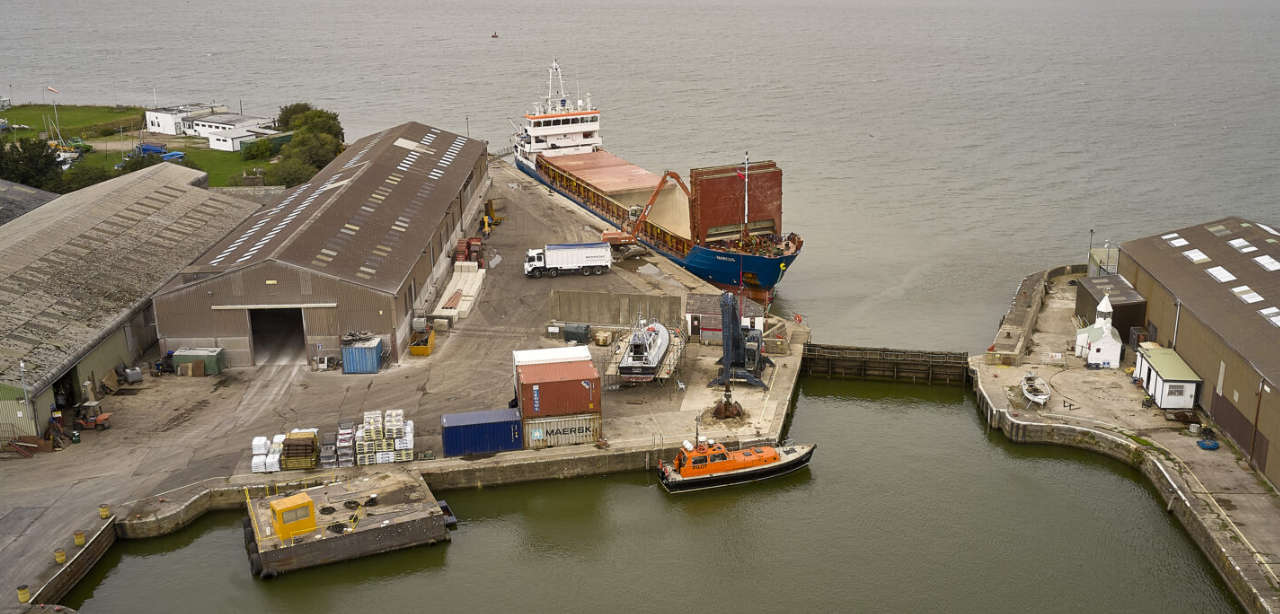 Cash for repairs to Lancaster Port gate announced in £6.5m flood defence package
Cash for repairs to Lancaster Port gate announced in £6.5m flood defence package
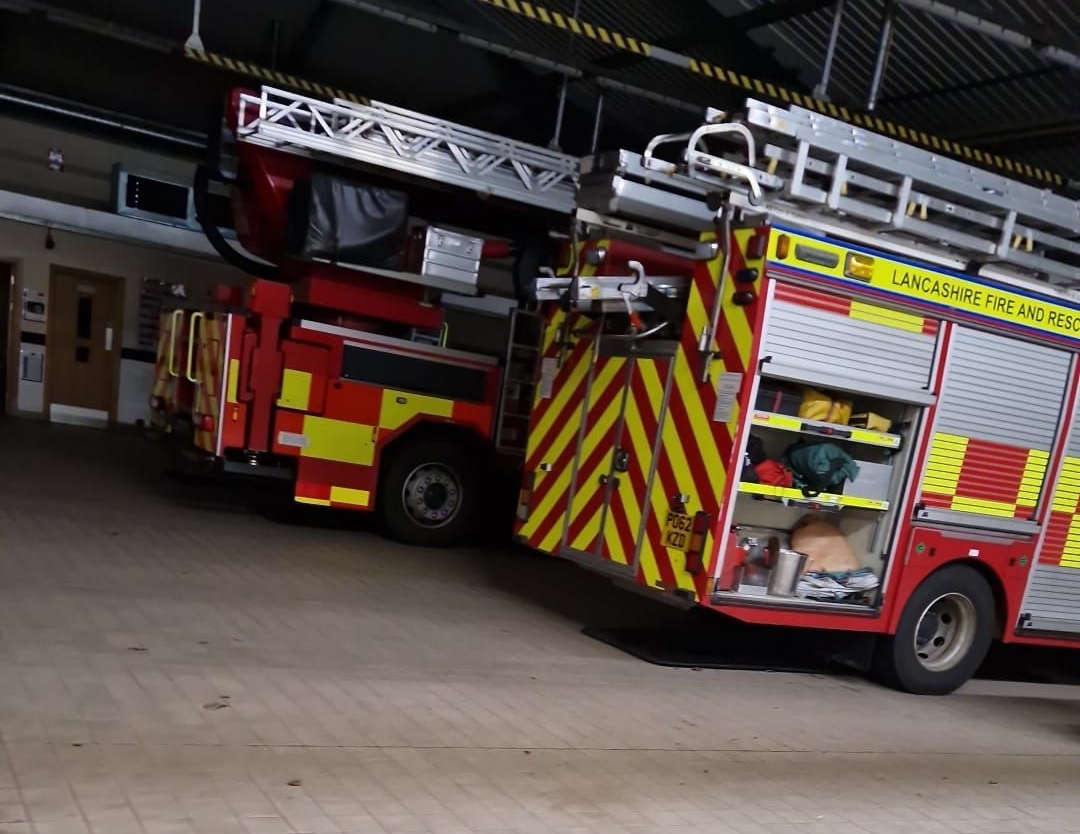 Carnforth fire crews issues safety advice after tackling blazes in the open
Carnforth fire crews issues safety advice after tackling blazes in the open
 EXCLUSIVE: Battle of Britain Dakota display announced for Armed Forces Day in Morecambe
EXCLUSIVE: Battle of Britain Dakota display announced for Armed Forces Day in Morecambe
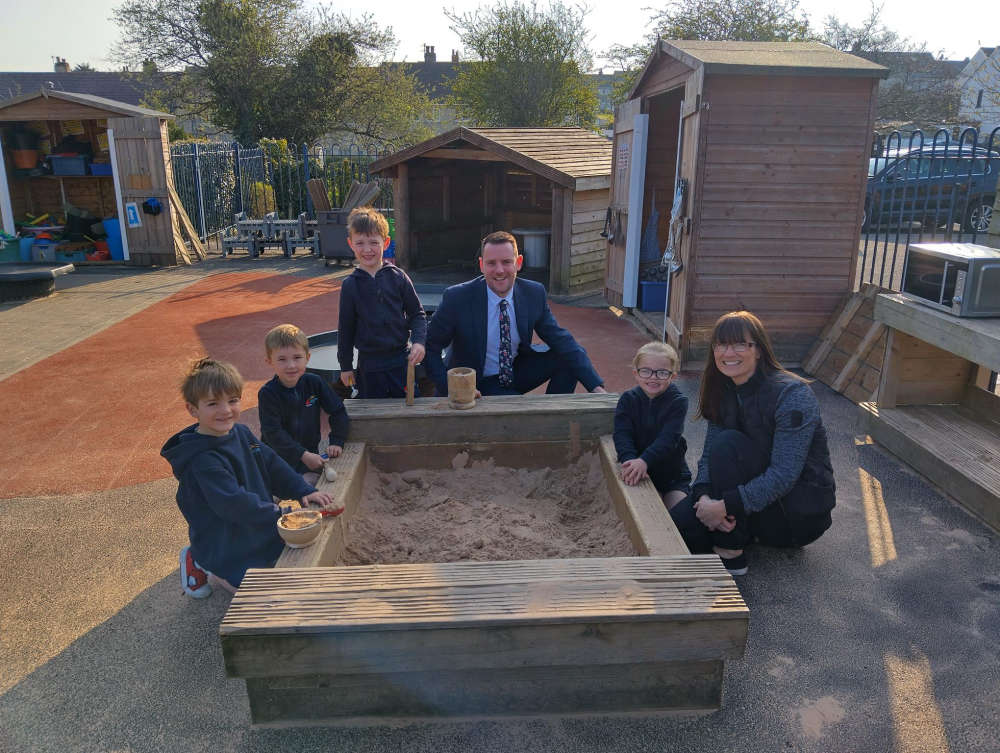 Heysham school to open new nursery after government cash boost
Heysham school to open new nursery after government cash boost
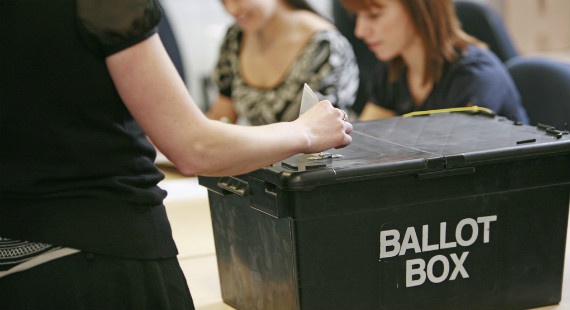 Local election candidates announced
Local election candidates announced
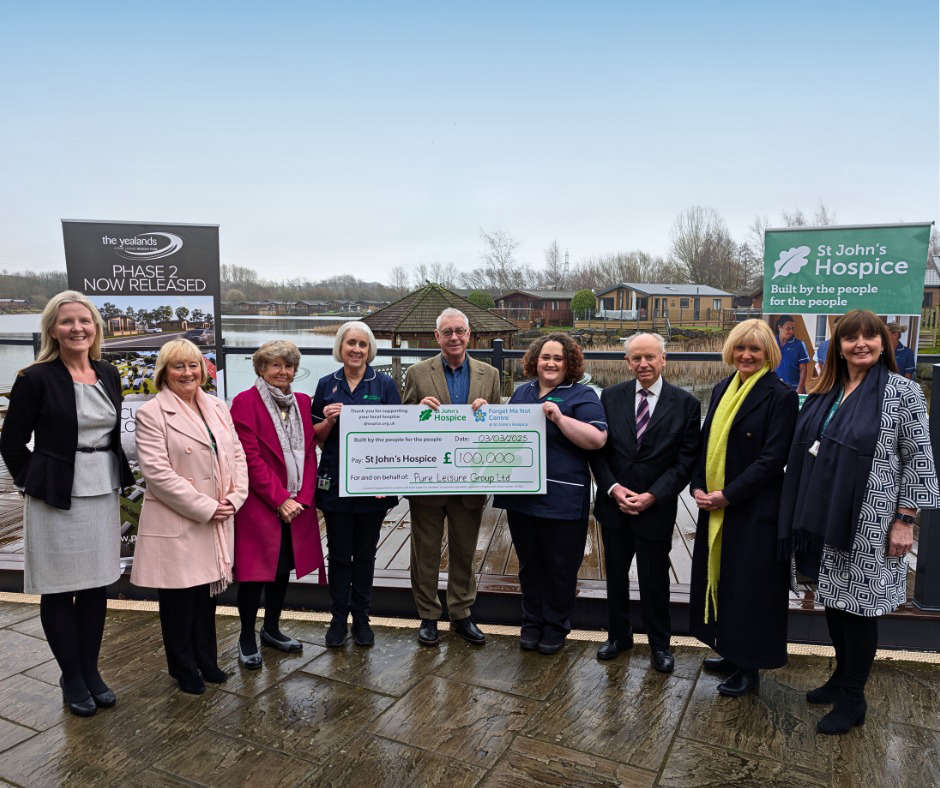 Holiday park empire donates £100K to Lancaster hospice
Holiday park empire donates £100K to Lancaster hospice
 Lancaster and Morecambe events will 'Spring into Action' over food
Lancaster and Morecambe events will 'Spring into Action' over food
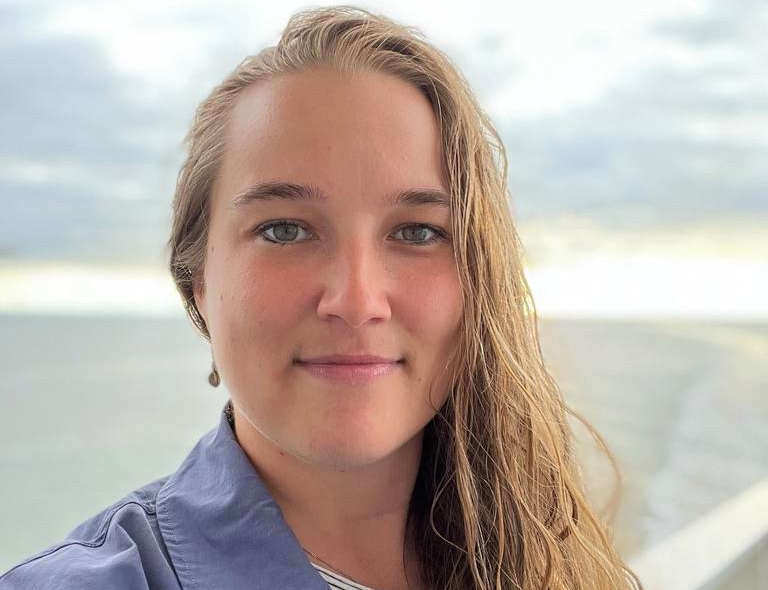 Lancaster City Council shortlisted for four local government awards
Lancaster City Council shortlisted for four local government awards
 Man pleads guilty to Heysham murder
Man pleads guilty to Heysham murder
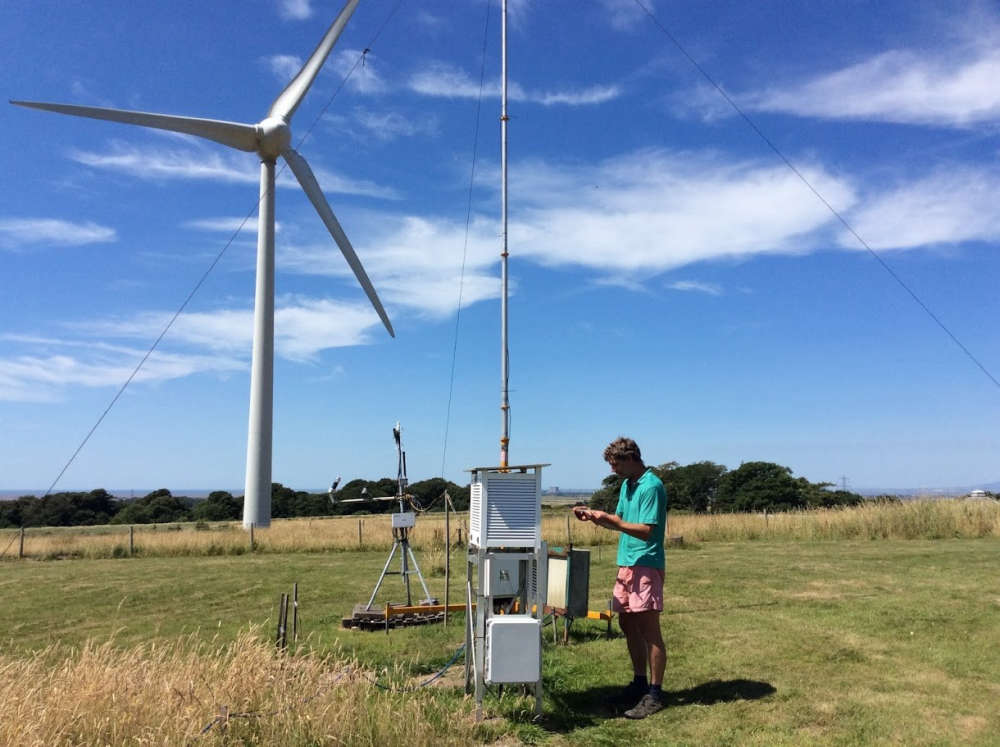 Driest March in Lancaster since records began
Driest March in Lancaster since records began
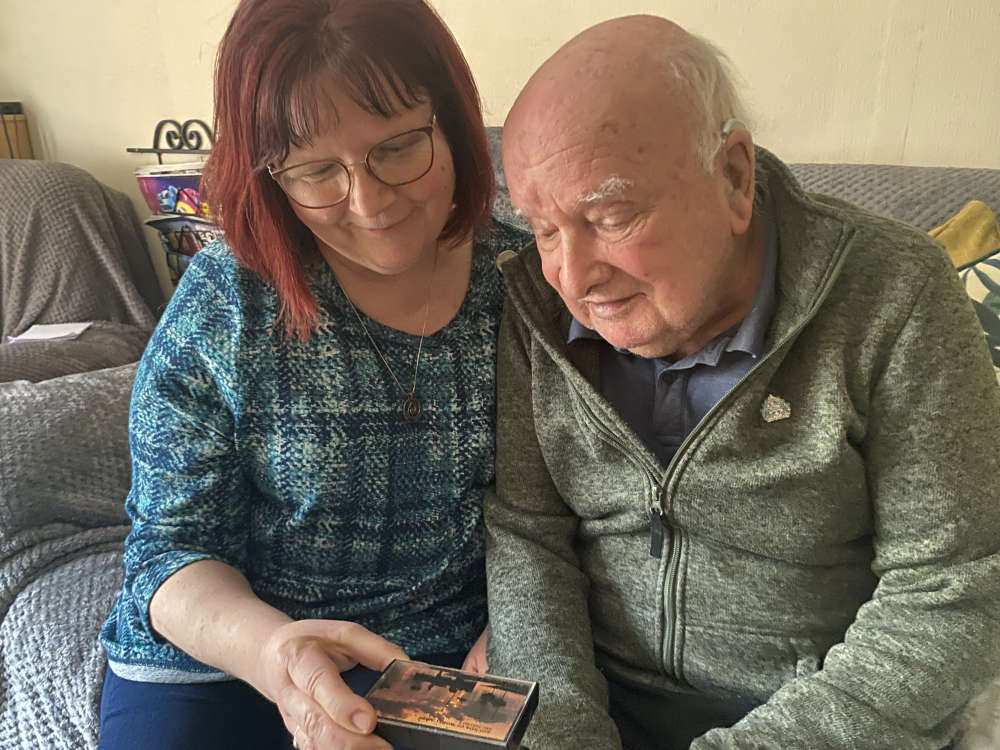 Pioneering Morecambe 'podcast' from 1980s unearthed after 44 years
Pioneering Morecambe 'podcast' from 1980s unearthed after 44 years
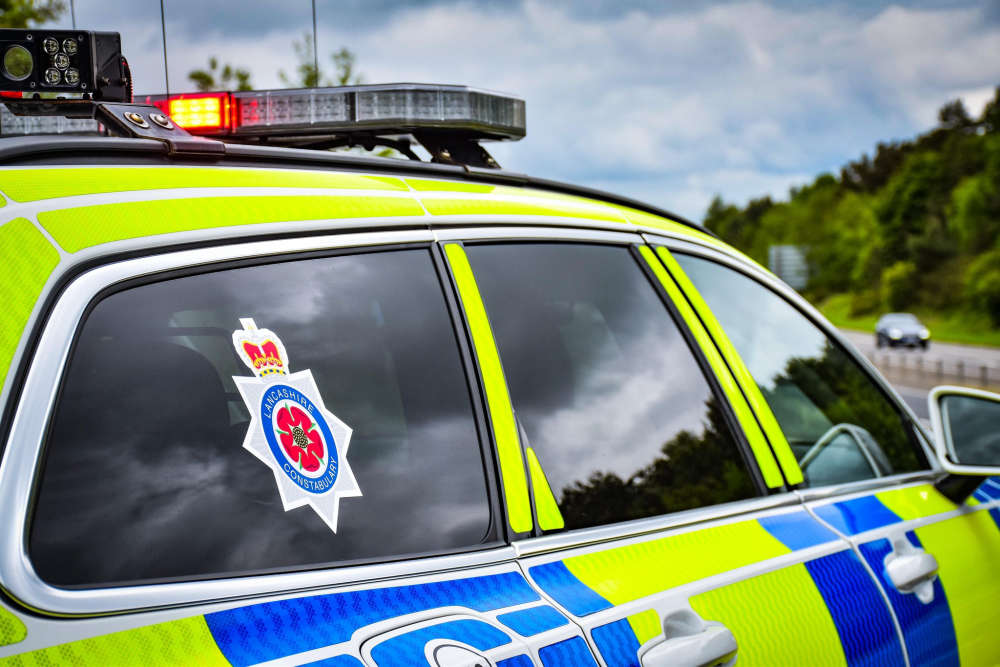 Lorry driver from Morecambe arrested after positive roadside drug test
Lorry driver from Morecambe arrested after positive roadside drug test
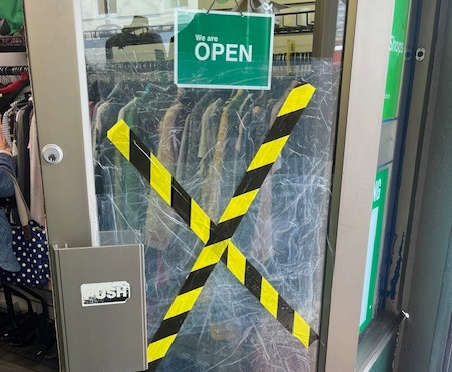 Hundreds raised after vandalism to Lancaster hospice shop
Hundreds raised after vandalism to Lancaster hospice shop
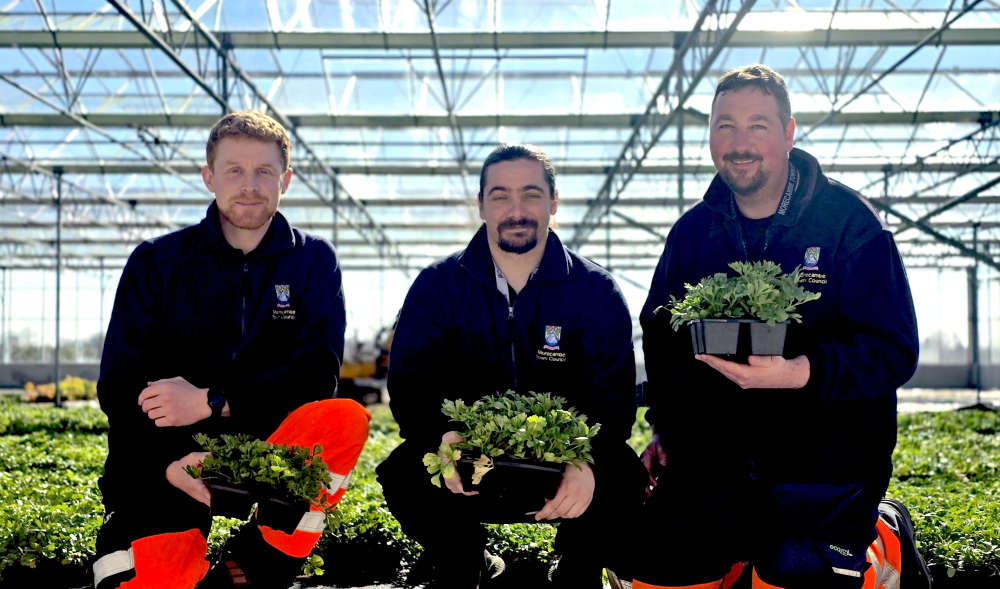 Plans under way to bring spring flowerbed planting back to Morecambe
Plans under way to bring spring flowerbed planting back to Morecambe
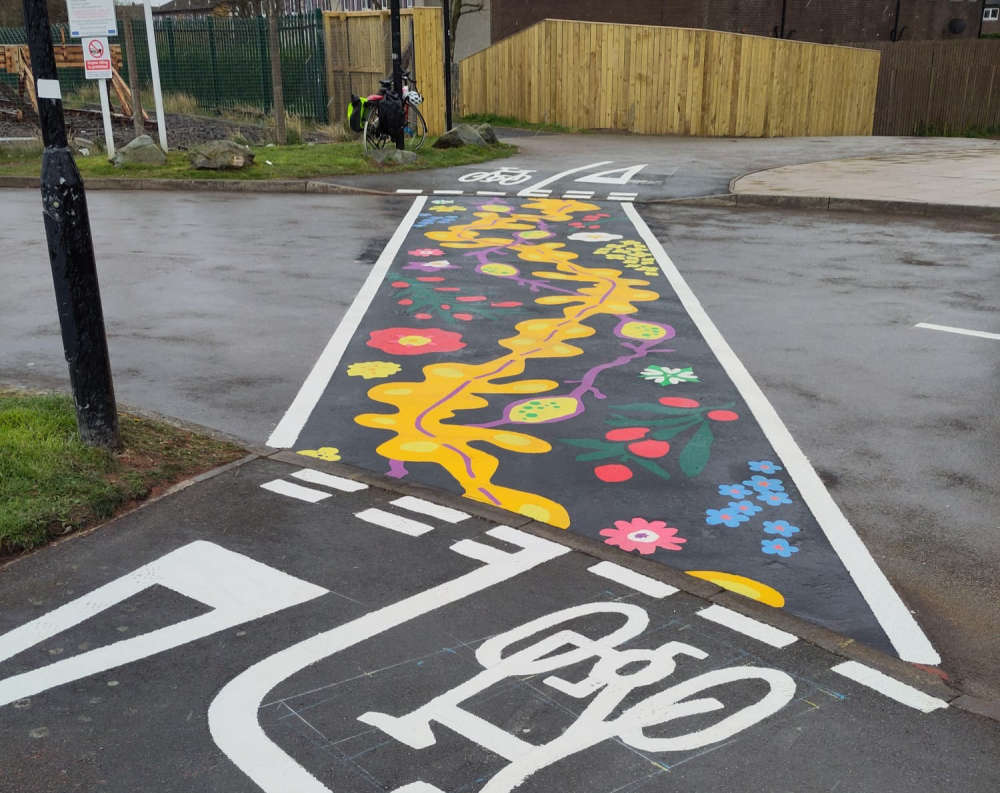 New cycle and pedestrian friendly crossing completed in Morecambe
New cycle and pedestrian friendly crossing completed in Morecambe
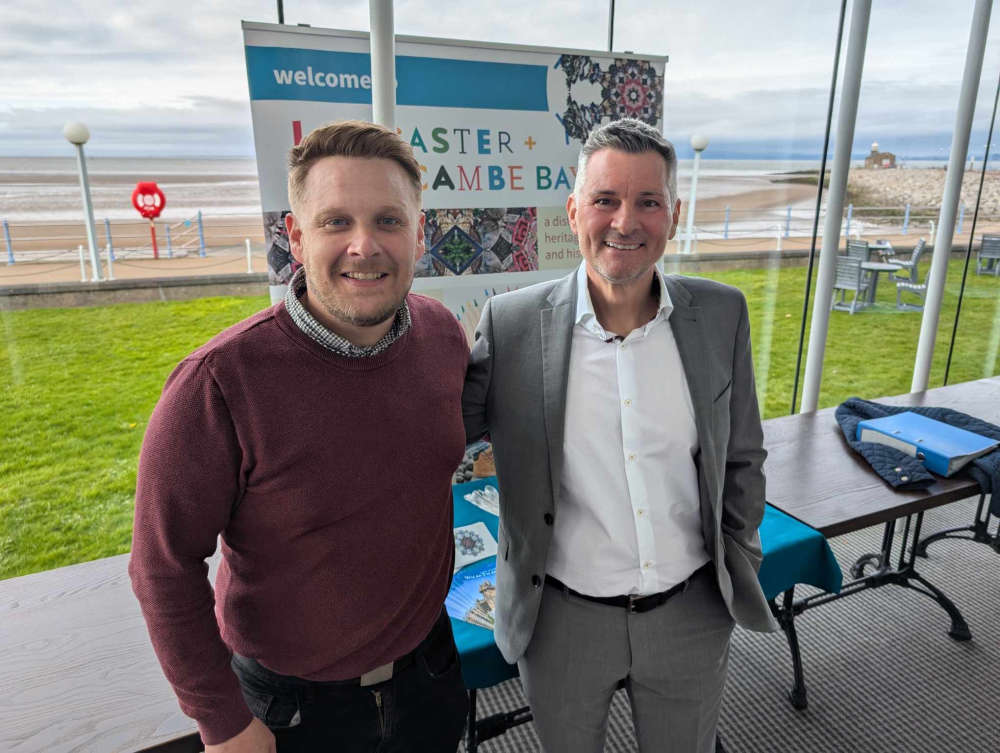 INTERVIEWS: Morecambe Bay visitor guide launched with high hopes for tourist season
INTERVIEWS: Morecambe Bay visitor guide launched with high hopes for tourist season
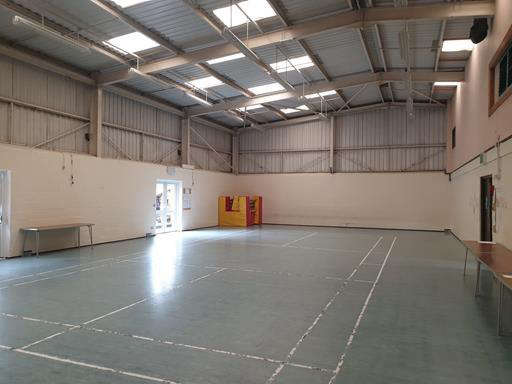 Council looking at ways to fund £1m refurb of village hall in Carnforth
Council looking at ways to fund £1m refurb of village hall in Carnforth
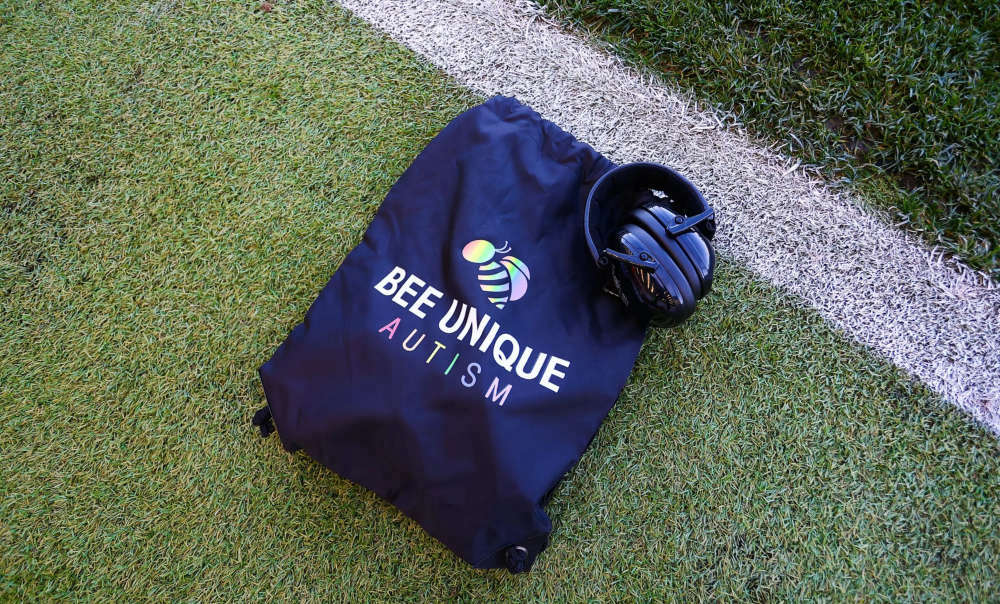 Pan-disability game at Morecambe FC will raise awareness of autism
Pan-disability game at Morecambe FC will raise awareness of autism
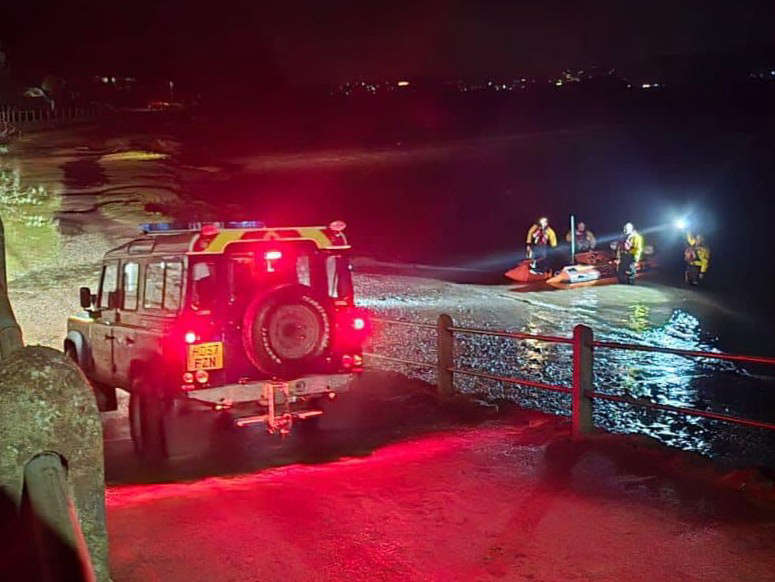 Morecambe lifeboat crew respond to reports of ‘flashing lights and red flares’
Morecambe lifeboat crew respond to reports of ‘flashing lights and red flares’


